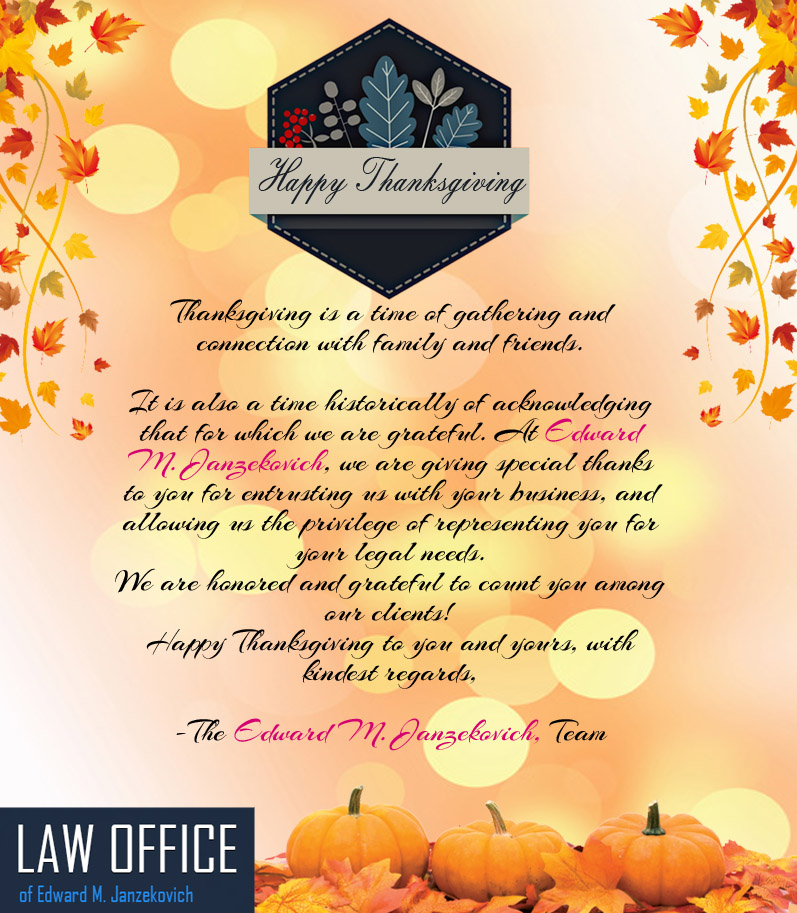Rapper and New Jersey native, Fetty Wap, whose legal name is Willie Maxwell, was recently arrested and charged with a slew of charges in New York City. New reports suggest that Fetty was caught speeding on the Gowanus Expressway in Brooklyn, around 1 a.m. in the morning, when he was pulled over. He was clearly racing another vehicle at the time, and he was likely driving around 100 miles per hour.
After being pulled over, Fetty Wap was found to be driving with an expired license. He subsequently failed a field sobriety test – which could include walking a line, standing on one foot, and performing a gaze or vision test – and was required to submit to a breathalyzer. The test revealed a blood-alcohol level of .09% – over the legal limit of .08%.
Although Fetty Wap was arrested in New York, he is well-known for being born and raised in Paterson, New Jersey.
Speeding and Other Activities That Could Lead to a DUI Investigation
The majority of the time that drivers are arrested or charged for drunk driving, the reason the driver is pulled over in the first place is because he or she committed some other motor vehicle offense. The reason Fetty Wap was required to submit to a breathalyzer test most likely stemmed from having an odor of alcohol on his breath. The police officer most likely had no idea that the rapper was beyond the legal limit of .08% BAC. Once a driver is pulled over, it becomes very easy for a police officer to observe other signs of intoxication, such as slurred speech, bloodshot eyes, or the smell of alcohol on the breath – giving the officer sufficient reason to require the driver to submit to further sobriety tests, including an official breathalyzer test.
If you or someone you know has had anything to drink, the best advice to not get behind the wheel at all. Even if your driving is not physically impaired in any way, a police officer could still pull you over for any number of reasons. Once you are pulled over, the slightest hint of alcohol could lead to you being arrested and taken to a police station to submit to a breathalyzer test. In New Jersey, you are not allowed to refuse a breathalyzer test, if the officer had sufficient reason to believe you were intoxicated. After that, any result of .08 or higher automatically constitutes sufficient evidence – per se evidence – that could lead to a drunk driving conviction, even if your driving was never affected in the first place.
The following are a list of common things that police officers are looking for that could lead to a drunk driving arrest:
- Failure to obey motor vehicle laws, including speeding, failure to stop at a red light or stop sign, or failing to yield.
- Swerving, crossing over the yellow line in the road, or otherwise failing to maintain proper lane position.
- Braking irregularly or driving suspiciously slow.
- Driving erratically or making unusual driving decisions.
If you or someone you know has been charged with driving under the influence of alcohol or drugs, you should contact a knowledgeable attorney immediately. There are many reasons why the case against you might be improper, including the fact that you should not have been pulled over in the first place. A good lawyer will be able to review your situation, identify the best defenses, and may even be able to have the charges against you dismissed completely.
New Jersey DUI/DWI Attorney Edward M. Janzekovich Will Review Your Case from Beginning to End
Every person is different and every case of driving while intoxicated is different. For that reason, it is important to get in touch with a lawyer who will treat each case specially. If you or someone you know is charged with drunk driving or driving under the influence of any substance in New Jersey, you need an experienced DWI/DUI attorney who knows the best way to help and can make all the difference. To speak with an experienced New Jersey DWI lawyer about your situation, call us at 732-257-1137 or contact us online today. We serve clients throughout the state of New Jersey.





